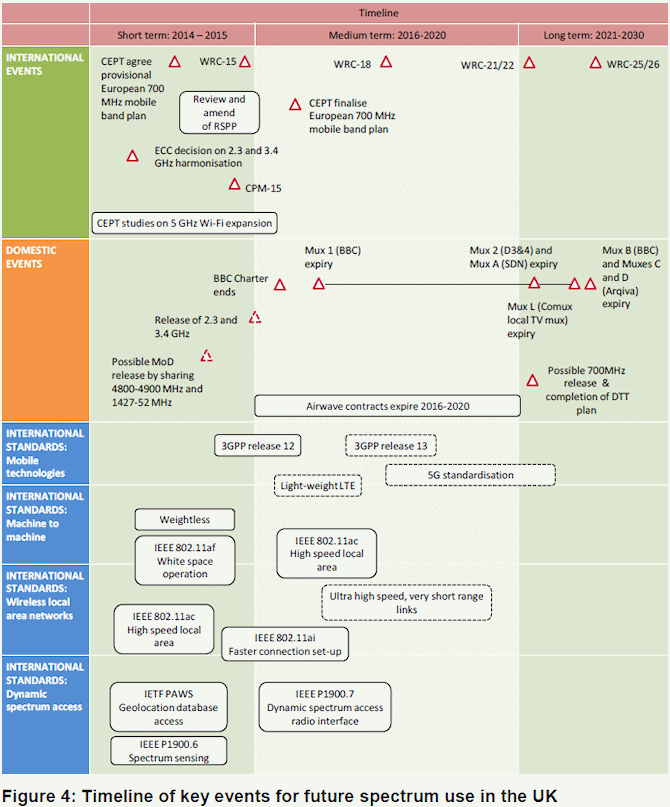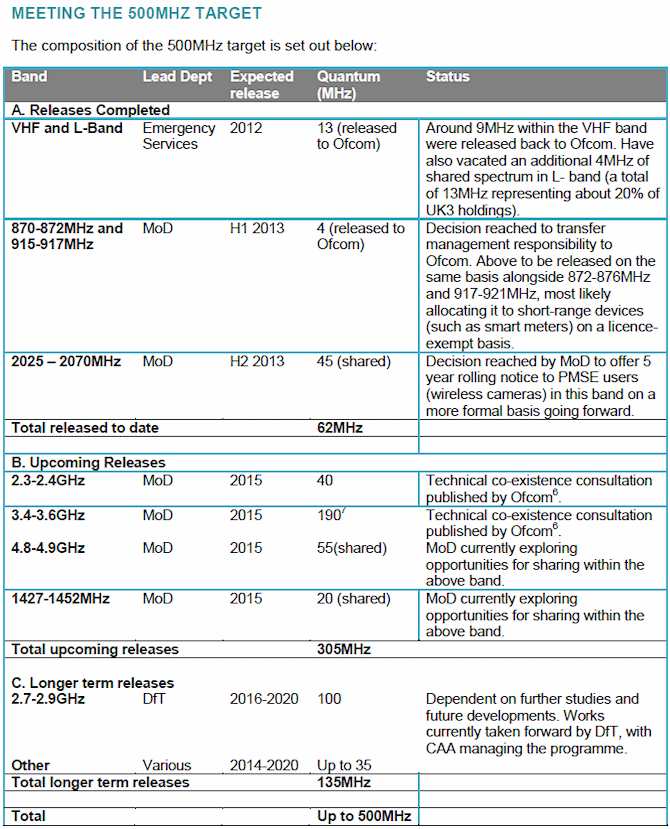UPDATE David Cameron – Instant 800MB UK Film Downloads via 5G Mobile

The Prime Minister of the United Kingdom, David Cameron, has joined forces with Germany to develop the next generation of ultrafast 5G based Mobile Broadband technology, which will apparently only take “one second” to download an 800MB (MegaByte) film. In reality, it won’t be quite that fast.
Cameron told the opening ceremony for the world’s largest computer expo, CeBIT 2014 in Hannover, that both he and German Chancellor Angela Merkel would work together in order to develop the new Internet access technology.
Advertisement
The speech comes ahead of today’s publication of the Government’s final Spectrum Strategy, which aims to double the economic benefits of radio spectrum to UK companies and consumers from “roughly £50 billion today, to £100 billion in 2025“. Mobile Broadband is expected play a big part in that.
Part of the new strategy will involve defining how to allocate existing radio spectrum bands, such as 600MHz, 700MHz, 2.3GHz, 2.7GHz, 3.4GHz and 3.7/6GHz (details). At present the 700MHz band is already used for Digital Terrestrial TV (DTTV) but this will be moved to 600MHz and made available, alongside some of the other listed bands, for use by future 5G and existing 4G services.
David Cameron told CeBIT 2014:
“And I’ll tell you three areas where I see us [Germany and the UK] collaborating more closely.
First, 5G. With 4G, an 800 megabyte movie takes around 40 seconds to download; with 5G that would be cut to one second. This is a prize that researchers all over the world are going for and so I am delighted to announce a new collaboration, between the University of Dresden, King’s College University in London and the University of Surrey. Three world-leading universities working on 5G hand in hand – that is something to be truly excited about.
Second, for our two countries to remain competitive, the European single market must keep pace with developments in the digital economy. So Germany and the UK have agreed to work together to improve the telecoms single market. We welcome the long-term ambition of the European Commission, but want to take steps that deliver benefits to businesses and consumers quickly, including the complete elimination of mobile roaming charges.
The third area I think we can work more closely on is the Internet of Things. These are developments that could allow literally billions of everyday objects to talk to each other over the internet – using low-cost, low-power chips.”
At this point it’s worth noting that most 5G research and development groups are targeting a top Mobile Broadband speed of 10Gbps (Gigabits per second) or possibly more, which could indeed download an 800MB film in one second and with a few Gigabits to spare (though most modern services prefer to use real-time video streaming instead of direct file downloads).
However this is headline capacity and that has to be shared between many users, which is much the same as how the average for many of EE’s 150Mbps+ 4G links is actually closer to 20-30Mbps (depending upon location, reception quality, network usage etc.).
Advertisement
Never the less even a small slice of 10Gbps would still be better than nearly all of today’s modern fixed line broadband ISP networks, except for a few FTTH/P providers that could go beyond 1Gbps in the near future and where data capacity costs a lot less (fixed line services of all types are considerably more flexible – usage allowances).
In terms of money, Cameron pledged £73 million of funding to put the “boosters under research” and he also launched a new European Internet of Things Grant fund, which is valued at up to £1 million for companies that are grabbing these new opportunities.
But as usual with political speeches, it’s hard to know how much of this will go towards 5G and indeed whether or not that aspect is just a re-announcement of the £35 million that has already been committed to develop the technology (here).
So when might we see 5G? Crucially a standard for the technology has yet to even be developed and defined. On top of that Ofcom notes how a mix of legislative delays and re-purposing of existing spectrum (especially the 700MHz DTTV bands) means we might not see it until 2018 “at the earliest” (i.e. 2020 looks like a more realistic goal).
Advertisement
UPDATE 1:12pm
The UK Spectrum Strategy document has just been published, although it doesn’t say anything that we haven’t already reported on before. The only interesting pieces are timelines for some of the key developments, the first of which looks at technology developments and the second at spectrum releases (not all are directly 5G related).

This is all part of the Government’s target to release 500MHz of public sector spectrum below 5GHz by 2020.

Mark is a professional technology writer, IT consultant and computer engineer from Dorset (England), he also founded ISPreview in 1999 and enjoys analysing the latest telecoms and broadband developments. Find me on X (Twitter), Mastodon, Facebook, BlueSky, Threads.net and Linkedin.
« Virgin Media Keeping a Close Eye on the BT and BDUK Broadband Rollout






















































Comments are closed